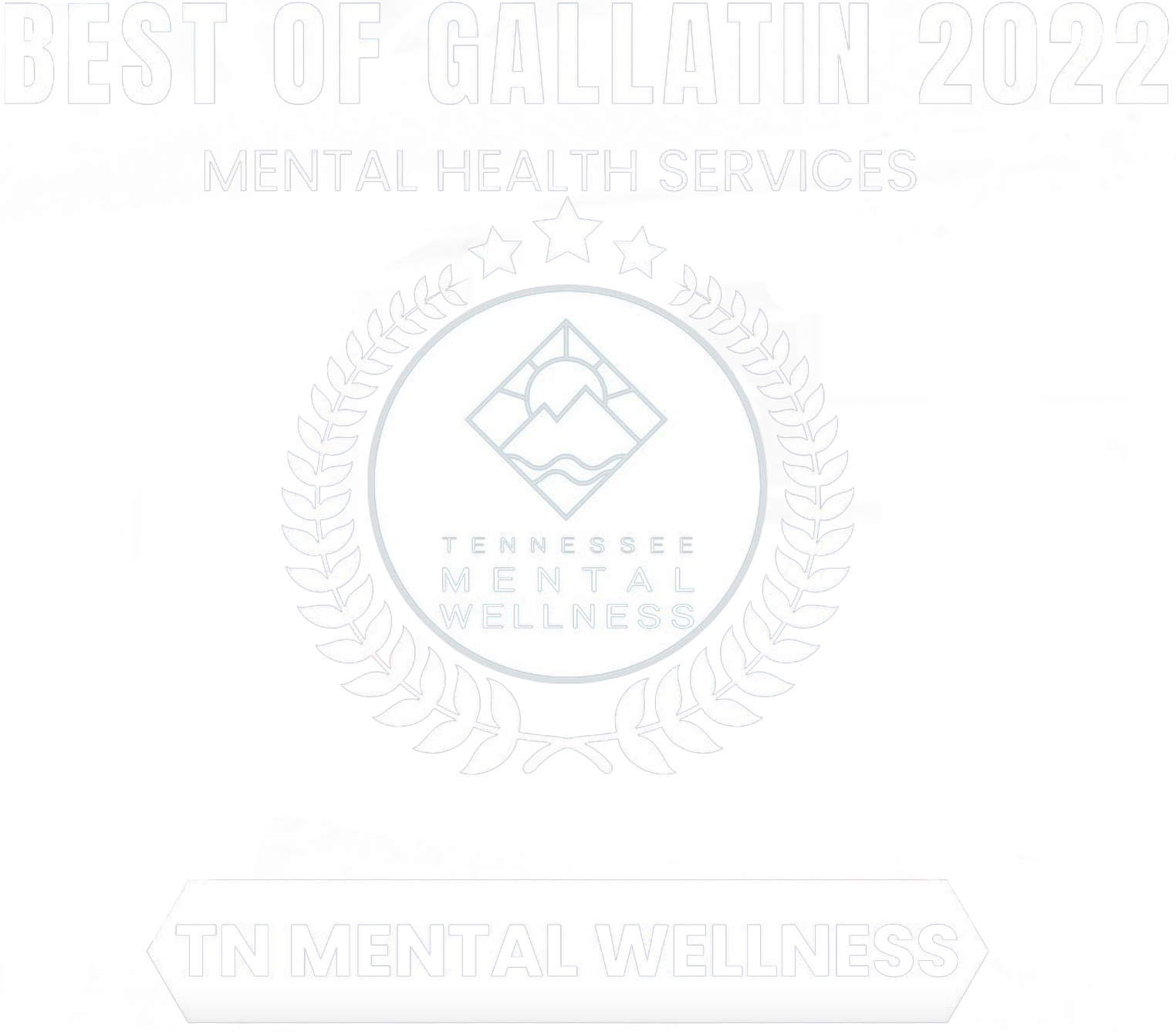Holding Space for Suicidal Thoughts: What Loved Ones Can Do

Why Holding Space Matters
Holding space means staying present with someone in profound distress, without judgment, pressure to fix things, or fear of talking about suicide. It’s about walking alongside someone emotionally while offering unshakable care and calm presence.
During Suicide Prevention Month (September), this kind of support becomes especially important. Creating an environment where someone feels safe to share difficult thoughts can make all the difference.
Understanding Holding Space as a Loved One
What It Looks Like in Practice
- Listening with empathy, without trying to fix or change them
- Acknowledging their pain without judgment
- Avoiding clichés or platitudes (e.g., “Everything happens for a reason”)
- Supporting agency by helping them decide the next steps, not choosing for them.
When You Might Listen, but Also Step Back
Supporting someone doesn’t mean you can hold space forever. If the emotional labor becomes overwhelming or unsafe, it’s okay—and responsible—to involve others or professionals. This protects both you and the person you care about.
Recognizing Warning Signs of Imminent Risk
Loved ones can play a key role in spotting meaningfully urgent cues:
- Expressing hopelessness, being a burden, or discussing death
- Major behavior change or emotional withdrawal
- A sudden sense of calm or resignation after a period of intense emotion.
If these signs show up—or if someone confirms suicidal thoughts or plans—treat it like a medical emergency: call local emergency services or immediate crisis support (for example, in the U.S., call 988).
Steps Loved Ones Can Take
Here are some practical ways to hold space and help someone at risk:
- Just listen without an agenda: Let them explain how they feel, however scattered or painful, without redirecting or minimizing
- Use the word “suicide”: Naming it directly doesn’t plant ideas. It validates experience and opens honest dialogue.
- Help build a safety or coping plan together: Identify warning signs, activities to self-soothe, people to call, reasons to stay alive, and steps to reduce access to lethal means (e.g., locking away medications).
- Offer reassurance of presence: “I’m here. I’m listening. You’re not alone.” Repeat gently and often.
- Support them in finding professional help: Encourage reaching out to mental health professionals, crisis lines, or therapy. Offer to sit with them or help schedule an appointment.
Caring for Yourself While Holding Space
To hold space well, caregivers also need care:
- Monitor your emotional load: Self-care and boundary awareness help sustain you
- Take breaks if needed: If overwhelmed, seek peer or professional support so you can continue giving safely.
Where This Practice Meets Real Impact
- Research shows that direct and compassionate presence can reduce crisis risk, even without solving everything in the moment
- Safety planning and reducing access to means (like firearms or medication) significantly lowers the risk in vulnerable individuals.
There’s More Than One Way to Support
Holding space isn’t about fixing. It’s about being real. Naming the pain, staying close, offering practical paths forward (like a safety plan or therapy), and reflecting care without judgement can help someone feel seen, less alone, and more understood.










LEAVE A COMMENT